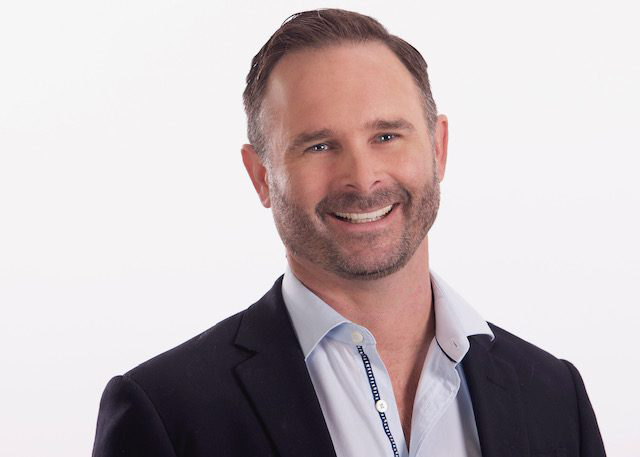In today’s world, millions of individuals and their families are affected by drug addiction.
Despite this crisis receiving significant attention, several myths about drug addiction and recovery persist.
Holding onto these myths can stop people from getting the help they need or cause confusion in society.
Here are some facts about addiction and the path to recovery that debunk those myths!
Myths about Drug Addiction and Recovery
Myth 1: Addiction is Voluntary
One of the most common myths about drug addiction and recovery is that it is a choice.
A lot of people think addicts just don’t have self-control or strong morals. But actually, addiction messes with the brain’s wiring.
The National Institute on Drug Abuse (NIDA) describes addiction as a chronic disease where people can’t stop seeking drugs despite the harmful effects, similar to how diabetes or heart disease affects the body.
It impacts both the mind and behavior, making it tough to quit.
Myth 2: Hitting Rock Bottom Starts the Process Towards Sobriety
Another dangerous myth surrounding recovery is that an individual must hit rock bottom before they can recover from substance abuse disorder (SUD).
Believing that it’s too late for help can prevent early intervention, which significantly improves the chances of success for those battling chemical dependency.
This mindset can do more harm than good, as timely help can save lives and offer hope to those who feel all is lost, based on their life experiences so far.
Myth 3: Only Certain People Get Addicted
People have stereotyped addictions as something only experienced by particular groups such as criminals or those living underprivileged lives but this couldn’t be further from reality.
Anyone can develop an addiction, no matter their age, gender, or socioeconomic status, along with other factors that may affect their susceptibility to substance use disorders (SUDs).
In 2021 alone, there were 19 million adults aged 18 years old or older diagnosed with substance-related disorders, thus indicating how widespread the problem is.
It’s crucial to remember that anyone can fall into addiction, so we should show more empathy towards those struggling instead of pushing them away because of the stigma attached to being labeled an “addict.”
Myth 4: Detox Cures Addiction
Detox is a crucial step in recovery, but it’s not a cure-all. It tackles the physical dependence on drugs but overlooks the psychological aspects, which are equally important.
Achieving holistic wellness requires a broader approach.
This includes a mix of therapies, such as Dialectical Behavior Therapy (DBT) and cognitive Behavioral Therapy (CBT), as well as group and family therapy, to address all facets of recovery.
Myth 5: You Need Professional Help to Recover
Professional help can greatly increase the likelihood of long-term sobriety, but individuals have also successfully overcome substance use disorders through self-help groups like Alcoholics Anonymous (AA) or Narcotics Anonymous (NA) and community support initiatives that assist people in their journey to quit harmful substances.
This self-managed path to sobriety, although potentially longer, leads to a clean life without relapses.
Myth 6: If You Relapse, You’ve Failed
People often mistake relapse for weakness or failure.
The truth is that relapsing can be a part of the recovery process and should be seen as an indicator that treatment needs to change — not that it’s over.
According to NIDA, the addiction relapse rates are similar to those for other chronic illnesses such as diabetes, hypertension, and asthma –– around 40-60 percent.
Recognizing that a slip-up isn’t the end but rather a plea for more effort and support could help someone continue their path to recovery.
SEE Purpose Treatment Center: Your Partner in Recovery
At SEE Purpose Treatment Center, we’re here for you in your fight against addiction.
Our residential facility is located on acres of land in a tranquil setting, which provides the perfect environment for healing.
We employ various types of therapy, including DBT, CBT, group therapy, and family therapy to cater our approach towards each individual who comes through our doors.
Our state-of-the-art campus features a swimming pool, gourmet meals prepared by an on-site chef, an outdoor client lounge area, and recreational activities like pool tables and ping-pong.
We strive to foster an inclusive atmosphere where clients feel supported during their time with us while providing opportunities for personal growth.
Find Your Purpose with Us
If you or someone you care about is battling substance abuse, don’t let common myths about drug addiction and recovery prevent you from seeking help.
At See Purpose Treatment Center, we’re dedicated to removing obstacles between those in need and professional care providers.
Contact us to join our family today and start your path to recovery.
Always remember, hope is never lost, even when it seems all is gone. Never give up on yourself or others, because life can change in a moment.




